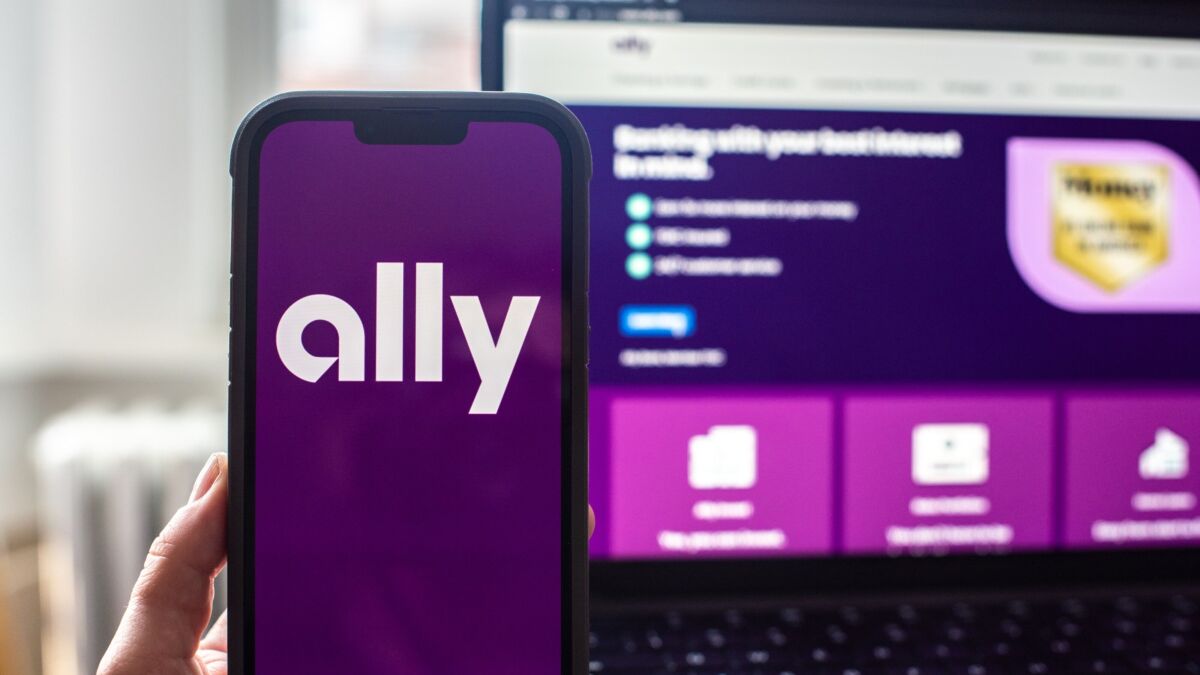The concept of redefining traditional retirement narratives is gaining momentum, especially for DINKs (Dual-Income No Kids) couples. With financial flexibility and unique lifestyle choices, DINKs often find themselves in a position to explore homeownership. But is it the right choice for you? In this comprehensive guide, we will explore the pros and cons of owning a home as a DINK couple, providing valuable insights into the decision-making process and financial considerations. By the end of this guide, you’ll be well-equipped to plan for your financial security.
Understanding the Significance of Homeownership for DINKs
Rethinking the traditional retirement approach is crucial for DINKs. It implies that retirement doesn’t necessarily mean quitting work entirely; instead, it’s about having the financial freedom to choose your lifestyle, work on your terms, and explore new opportunities. DINKs are in a unique position to make the most of this opportunity due to their dual income and lower financial responsibilities compared to couples with children.
1: The Pros of Homeownership for DINKs
Prospect #1: Building Equity
One of the primary advantages of homeownership is the opportunity to build equity. Unlike renting, where your monthly payments go into your landlord’s pockets, a portion of your mortgage payments contributes to your home’s equity. Over time, as your property appreciates, you’ll find yourself with a substantial asset that can enhance your financial security.
Prospect #2: Tax Benefits
Owning a home offers tax advantages that can work in favor of DINKs. Mortgage interest payments are often tax-deductible, reducing your taxable income and potentially increasing your financial flexibility. These tax benefits can be a significant advantage in planning for your financial security.
Prospect #3: Stability and Control
Homeownership provides stability and control over your living situation. You won’t face the uncertainties of rental agreements, such as unexpected rent hikes or the potential for relocation. This stability can be crucial in your plans for financial security, allowing you to create a consistent and secure living environment.
2: The Cons of Homeownership for DINKs
Challenge #1: Initial Costs
While homeownership offers long-term financial benefits, the upfront costs can be substantial. DINKs may need to save for a down payment, which typically ranges from 3% to 20% of the home’s purchase price. This financial hurdle can delay your homeownership plans.
Challenge #2: Maintenance and Expenses
Owning a home comes with maintenance responsibilities and ongoing expenses, such as property taxes, insurance, and repair costs. DINKs must be prepared to allocate both time and money to address these requirements. Failing to do so can strain your finances.
Challenge #3: Limited Flexibility
Homeownership implies a certain level of commitment to a specific location. DINKs, who often value flexibility and mobility, may find that owning a home limits their ability to adapt quickly to new opportunities or lifestyle changes. This lack of flexibility could affect your financial security plans.
3: Financial Considerations for DINKs in Planning for Financial Security
Consideration #1: Budget and Affordability
DINKs must carefully assess their budget and determine what they can comfortably afford. Consider factors like your combined income, existing debt, and monthly expenses. This evaluation will help you set realistic expectations for your homeownership journey.
Consideration #2: Down Payment Savings
To overcome the initial hurdle of a down payment, start saving early. Consider creating a dedicated savings plan to accelerate your progress. The size of your down payment can significantly impact your mortgage terms and overall affordability.
Consideration #3: Long-Term Financial Goals
When planning for your financial security, think about your long-term financial goals. Consider how homeownership aligns with these objectives. Is it a strategic move that contributes to your financial security, or does it hinder your flexibility?
Homeownership can be a promising venture for DINKs planning for their financial security. It offers the potential to build equity, benefit from tax advantages, and enjoy stability. However, it’s essential to consider the upfront costs, ongoing expenses, and the limitations it may impose on your flexibility.
As a DINK couple, carefully weigh the pros and cons while aligning your decision with your financial security goals. A strategic approach to homeownership can enhance your financial stability, providing you with the means to achieve the lifestyle you desire. Plan wisely, and embark on your journey to financial security with confidence.
Unlocking Financial Freedom: DINKs and Homeownership for Security
As a Dual Income No Kids (DINK) couple, you have increased financial security and the potential to save more money than other households. Taking advantage of this financial flexibility is important to ensure your future financial security. One of the best ways for DINKs to improve their financial security is through homeownership. Homeownership can help you build wealth, provide access to tax benefits, and give you a place to call home.
1. Build Equity: Homeownership accounts for most of Americans’ wealth, so investing in real estate is one of the best ways to build equity over time. As you make mortgage payments, you are gradually paying off the debt and increasing your ownership stake in the house. This equity can be used for things like home improvements, buying another property as an investment, or some other big purchase down the road.
2. Tax Deductions: Mortgage interest payments and real estate taxes are deductible on your annual taxes which can reduce your taxable income substantially over time. This can significantly reduce your overall tax burden and save you money each year which can add up over multiple years of ownership.
3. Stability: Owning a home assures you that no matter what happens in life, you will always have a place to call home as long as you make payments on time and keep up with maintenance costs. Having stability in one area of life also eases stress levels about money in other areas because it takes away one large constant expense each month—your mortgage payment.
Overall, homeownership can increase your financial security by providing a stable foundation for building wealth over time while also reducing your yearly tax burden with deductions on mortgage interest payments and real estate taxes each year. As a DINK couple planning for your future financial security, homeownership should be high on your list of priorities when making long-term investments that will pay off both now and later down the line
FAQs about Homeownership for DINKs: Planning for Financial Security
1. What does “DINK” stand for, and why is it important in the context of homeownership? DINK stands for “Dual-Income No Kids.” It’s important because DINK couples often have unique financial circumstances that can impact their homeownership decisions.
2. What is the significance of “unretirement” in financial planning for DINKs? Unretirement is about redefining retirement and having the financial freedom to choose your lifestyle. It’s significant for DINKs as they can explore homeownership as part of this new approach.
3. What advantages does homeownership offer DINKs in terms of building equity? Homeownership allows DINKs to build equity by contributing to their home’s value over time. This equity can serve as a valuable asset for their financial security.
4. How do tax benefits factor into the decision for DINKs to own a home? Owning a home provides DINKs with potential tax advantages, primarily through tax deductions on mortgage interest payments, which can lower their taxable income.
5. What upfront costs should DINKs consider when planning for homeownership? When planning for homeownership, DINKs should account for upfront costs, including the down payment, which typically ranges from 3% to 20% of the home’s purchase price.
6. What are the maintenance and ongoing expenses associated with homeownership for DINKs? Homeownership comes with maintenance responsibilities and expenses like property taxes, insurance, and repairs, which DINKs must be prepared to manage.
7. How can DINKs overcome the financial hurdle of saving for a down payment? DINKs can overcome the challenge of saving for a down payment by creating a dedicated savings plan and starting to save early.
8. Does homeownership limit the flexibility of DINKs in terms of lifestyle and opportunities? Yes, homeownership may limit the flexibility of DINKs, as they commit to a specific location. This can affect their adaptability to new opportunities or lifestyle changes.
9. How should DINKs align their homeownership decision with their long-term financial goals? DINKs should consider how homeownership aligns with their long-term financial goals. They should assess whether it contributes to their financial security or hinders their flexibility.
10. What are the key considerations DINKs should keep in mind when planning for financial security through homeownership? DINKs should consider their budget and affordability, down payment savings, and long-term financial goals when planning for financial security through homeownership.
Tags:
- DINKs
- Homeownership
- Financial Security
- Unretirement
- Dual-Income Couples
- Equity
- Tax Benefits
- Upfront Costs
- Maintenance Expenses
- Flexibility in Financial Planning










